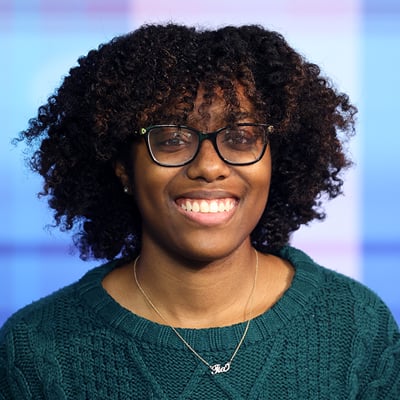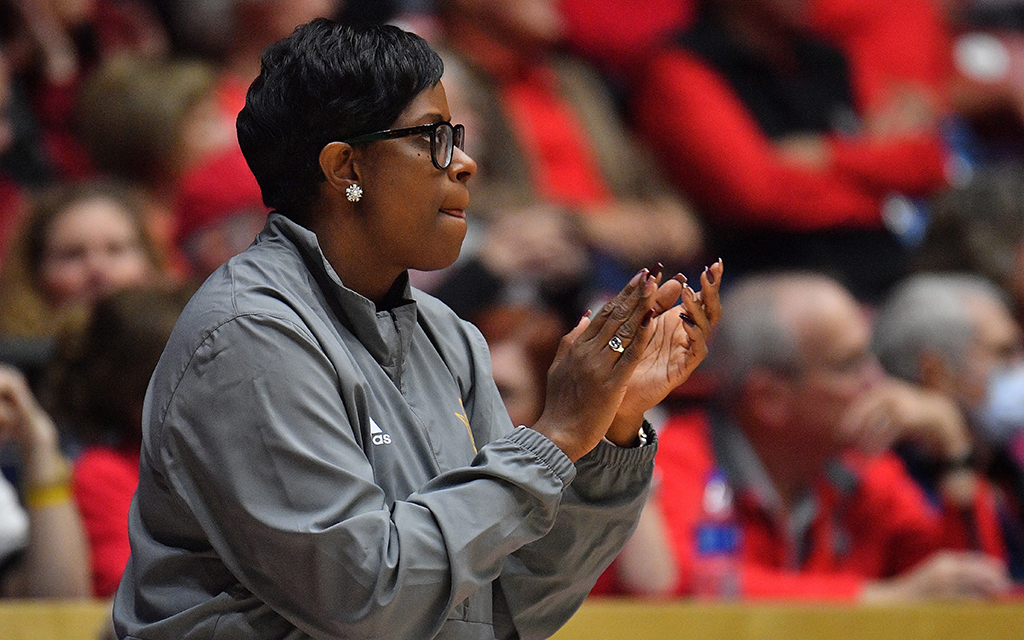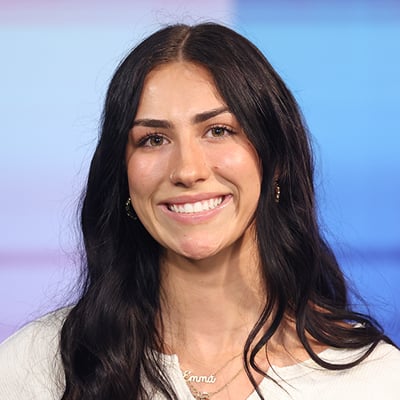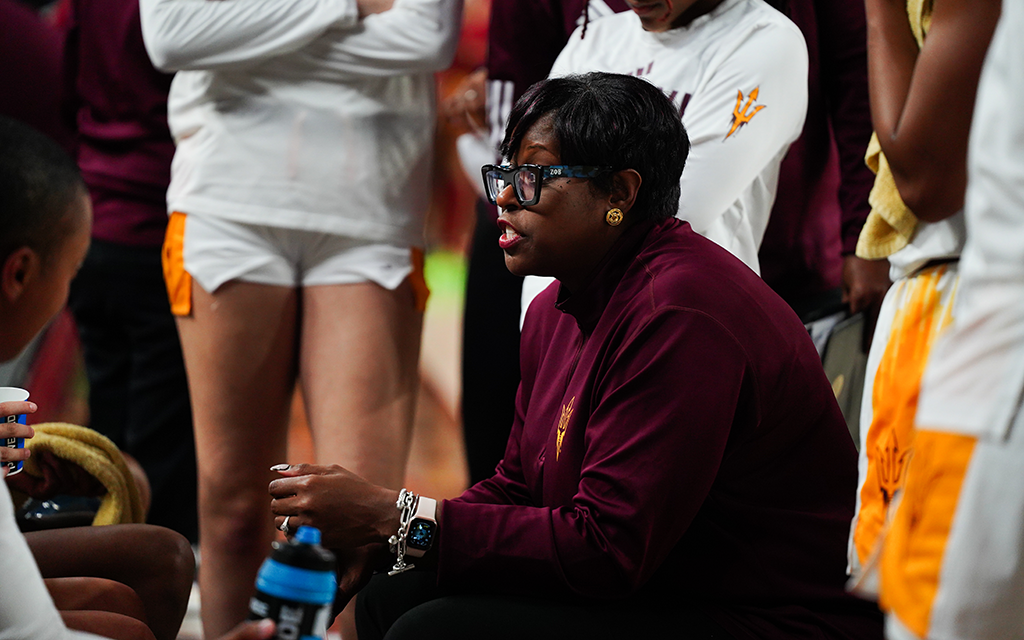
Arizona State coach Natasha Adair is one of the founders of Black Coaches United, which has a goal of helping to foster more diverse, equitable and inclusive environments in sports. (Photo by Emma Jeanson/Cronkite News)
PHOENIX – Natasha Adair didn’t always want to be a coach. In fact, she hadn’t even considered it until a chance run-in during a trip home to Washington, D.C., a few years after graduating college presented the opportunity.
Twenty years later, Adair is the head coach of the Arizona State women’s basketball team – her fourth time at the Division I level and first time at a Power Five program. She is one of just the 21% of Black coaches across all three NCAA divisions, and as a Black woman, she helps make up an even smaller 12% of female Black women’s basketball coaches in the NCAA.
Recognizing this disparity, Adair did not hesitate to say “yes” when asked to join the founding group for Black Coaches United in 2020. The organization’s mission is to “foster more diverse, equitable, and inclusive environments – in our sport and in our communities – through training, mentoring, and advocacy on behalf of Black athletes, coaches, and administrators.”
“We were just thinking about what was needed right now in our game,” Adair said. “And it really touched on strength, unity and the advancement of Black coaches, minority coaches, coaches of color, and so we all collectively felt like this was a great opportunity for us to advocate for change, speak out against racism and equality within our sport, and beyond.”
Following the end of her playing career at South Florida, Adair didn’t know what she wanted to do, just that she wanted to be around sports. After going to school to study broadcasting and landing her first post-collegiate job in the Bulls’ athletic department, she still found herself missing the court.
During a visit to D.C., Adair ran into then-Georgetown women’s basketball coach Patrick Knapp, who asked if he could run an idea by her. The idea: joining his staff as an assistant coach.
“When I tell that story, people are like, ‘No way,’ and I say, ‘Well, I think it starts with just first impressions,’” Adair said. “He knew me as a student. He knew my character. He knew my family, and so to bump into him years later, we never really kept in touch, but I did know that he kept in touch with my high school coach, so he knew kind of my track, where I was, what I was doing.
“But I just think from the first time we ever interacted, even in the recruiting process, it was all about that first impression. So that’s literally how it started, and then it was just a fast track.”
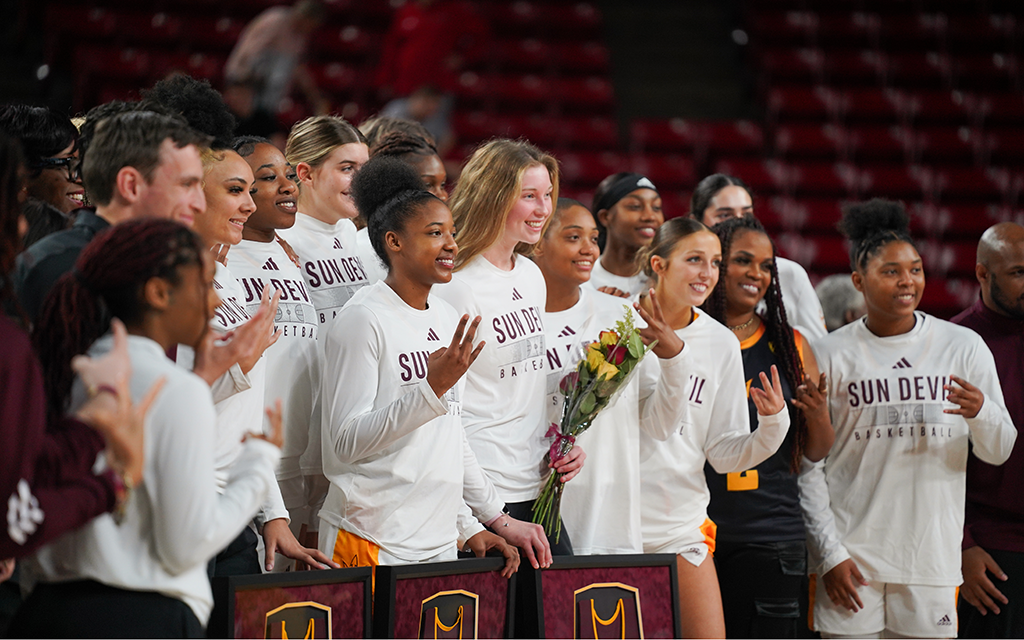
Of ASU’s 15-woman roster, 10 of the players are Black, more than twice as many as the total of 29% of Black women that make up NCAA women’s basketball players. (Photo by Emma Jeanson/Cronkite News)
Now in her 12th season as a head coach, Adair feels a strong inclination to not only give back and open the same doors for others but to help close the disparity in diversity as well.
“(Black Coaches United is) important to me because it’s a way that I give back and I pay it forward (in the way) that was done for me,” Adair said. “And I think it’s my responsibility to also be a voice, be an advocate, be a role model and an example for the younger coaches.”
Adair still works with Black Coaches United, meeting with the other founders once a month and organizing clinics, seminars and workshops to further its mission. In her role at ASU, she’s established herself not only as a role model to other coaches but to her players as well.
Of ASU’s 15-woman roster, 10 of the players are Black, more than twice as many as the total of 29% of Black women that make up NCAA women’s basketball players. As a Black woman coaching a majority Black roster, Adair uniquely impacts her players.
“With Coach (Adair), as the head coach, and as well as most of my fellow coaching staff (being Black), I think that it just teaches us how to be an African American woman in this society,” sophomore guard Jalyn Brown said. “They empower us every day. They teach us to be strong. They teach us how to think in a society like this.”
Adair’s mentality to make a difference as a coach was shaped by her relationships with her former college coach Trudi Lacey and the late John Thompson Jr., whom Adair connected with during her time at Georgetown.
In their own ways, both coaches inspired Adair and helped shape her into the coach that she is today.
“I drew a lot from (Lacey) in a sense,” Adair said, “from her strength and her fight and her struggle because she was fighting so many battles that we didn’t even know about. … Watching her go through it allowed me and gave me the confidence and the strength to be able to now speak up on inequality, to speak up on just any type of adversity or any type of disrespect or any type of social justice issue, any type of education, anything that I need to be that voice and use my platform because I know how important it is in this role and in this space.”
From Thompson, Adair learned lessons of coaching but “more about just being in this space as a black female and just the responsibilities that we have as leaders, as mentors, as role models.” She called him the “ultimate fighter” who “ spoke up for social inequality … and he wasn’t afraid to do it.”
Adair’s commitment to these qualities is evident in her team’s culture and the admiration her players hold for her. Brown, a transfer from Louisville and the team’s leading scorer, has come into her own this season playing under Adair, recording career highs in nearly every statistical category.
Adair hopes to help her athletes understand how valuable representation can be in the game of basketball and life.
“I think it’s just important because you want to see yourself in those shoes,” Brown said. “I feel like in the stage of life that we’re in, we don’t know what route we want to take from basketball.”
As a Power Five women’s basketball coach and a Black Coaches United founder, Adair is seen by many as a role model for representation and paving the way for others.
“You can’t be what you can’t see. … I think that the more that they can see diversity, the more that they can see strength, the more that they can see someone in a role that looks like them have power and influence, it’ll just inspire them for whatever it is they want to do in their career no matter who may say they can’t, no matter who may say that they won’t succeed,” Adair said.
“It’s our job to show them that they can and that they will.”
